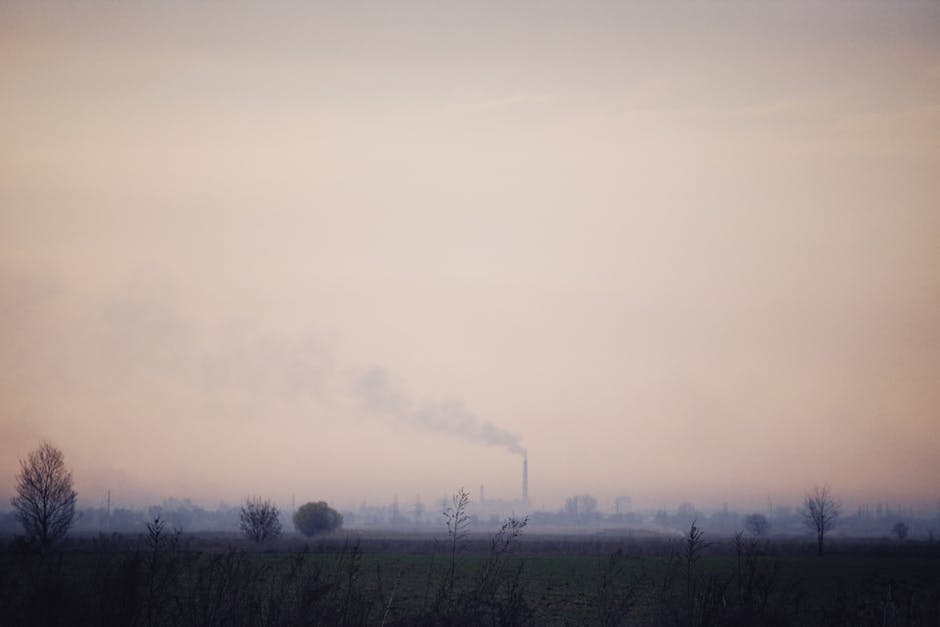Djibouti Scraps Presidential Age Limit, Enabling Guelleh’s Re-Election
Djibouti’s parliament has abolished the presidential age limit, paving the way for President Ismail Omar Guelleh to seek a sixth term in 2026. The constitutional amendment removes the previous cap of 75 years, which would have disqualified the 76-year-old leader. The move has ignited controversy, with critics accusing the government of eroding democracy.
Controversy Over Constitutional Changes
The amendment, passed overwhelmingly by the ruling Union for the Presidential Majority (UMP), has drawn condemnation from opposition groups and human rights organizations. They argue it consolidates Guelleh’s 25-year rule and weakens democratic checks.
UMP lawmakers defended the decision, calling it a step toward stability. “This allows experienced leaders to continue serving,” said senior legislator Mohamed Ali Houmed. However, opponents see it as an attempt to entrench long-term power.
Guelleh’s Rule: Stability vs. Authoritarianism
Guelleh, in power since 1999, has transformed Djibouti into a key strategic hub, hosting military bases for the U.S., China, France, and Japan. His leadership has brought economic growth but also allegations of repression, electoral fraud, and media suppression.
International Reactions and Strategic Concerns
Global observers are divided. Some prioritize Djibouti’s stability, while others warn of democratic backsliding. “This mirrors trends in Africa where leaders extend power through constitutional changes,” said Chatham House researcher Ahmed Soliman.
The U.S. and EU have yet to issue formal statements, but diplomatic sources suggest cautious monitoring given Djibouti’s geopolitical importance.
Opposition Weak and Divided
Djibouti’s fragmented opposition, weakened by years of crackdowns, has struggled to challenge Guelleh. The 2021 election boycott highlights their limited influence. With the age limit gone, the 2026 race appears heavily tilted in Guelleh’s favor.
Djibouti’s Future: Youth and Unrest Risks
With over 60% of the population under 25, rising unemployment and political restrictions could spark dissent. However, tight government control makes large-scale protests unlikely in the short term.
As Guelleh prepares for another term, Djibouti faces questions about long-term governance—will stability prevail, or will discontent grow?




